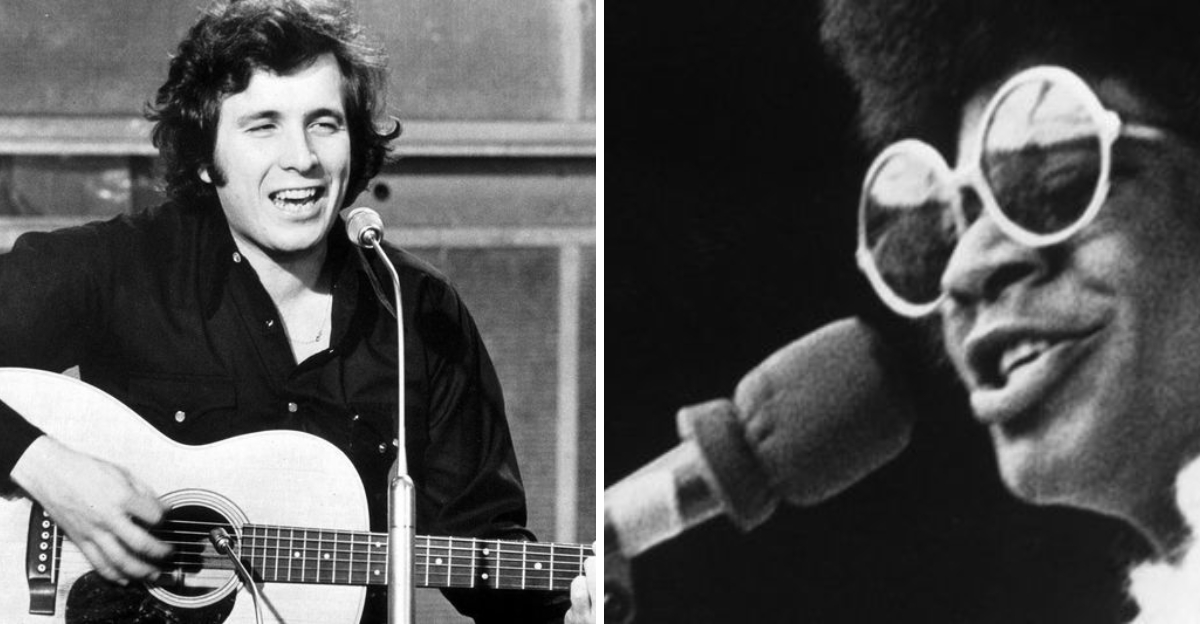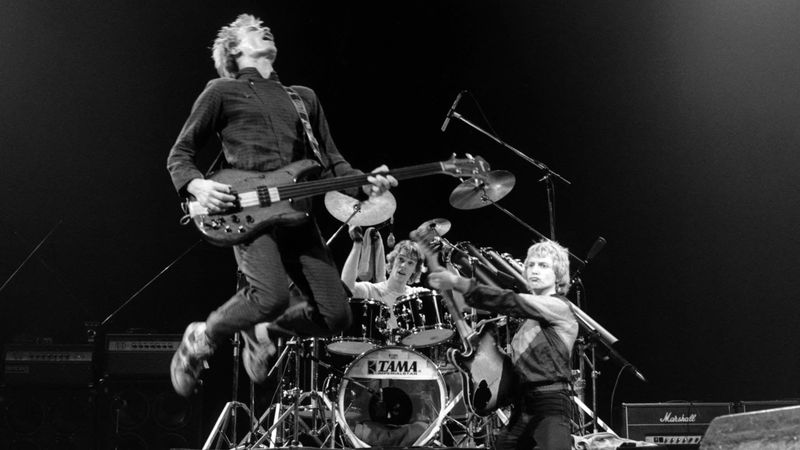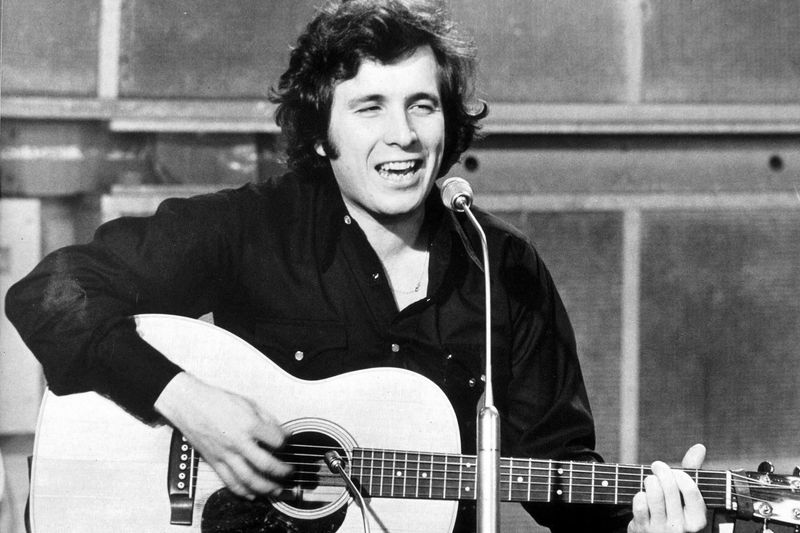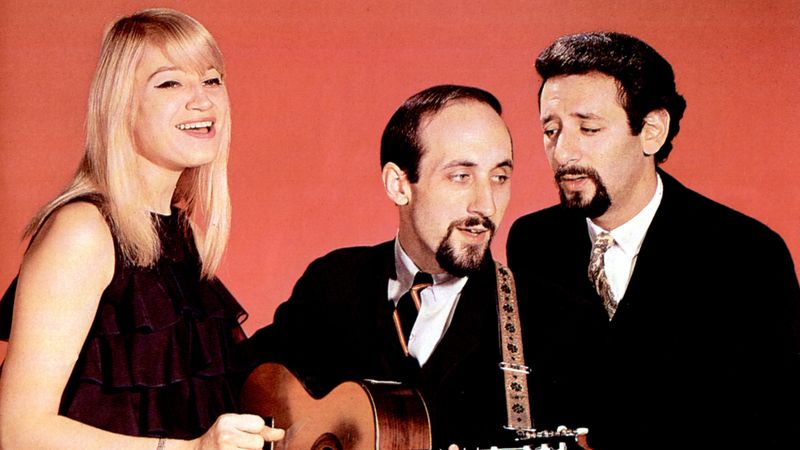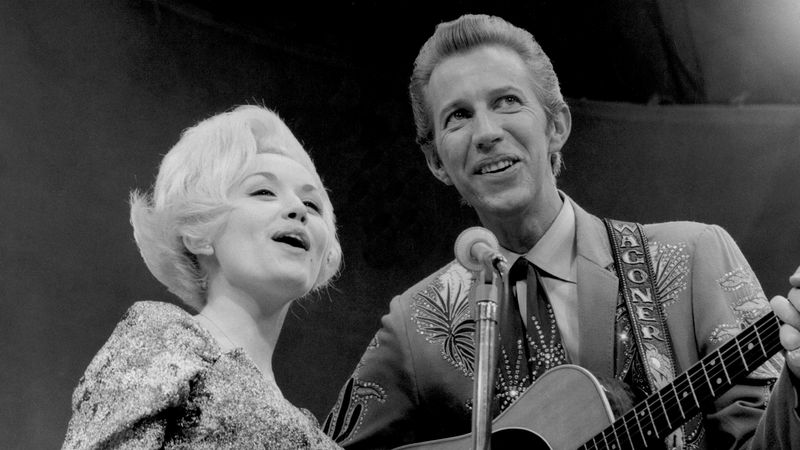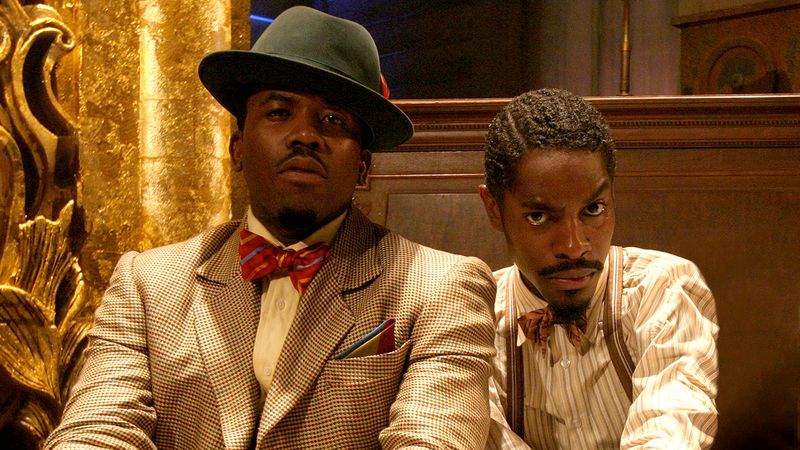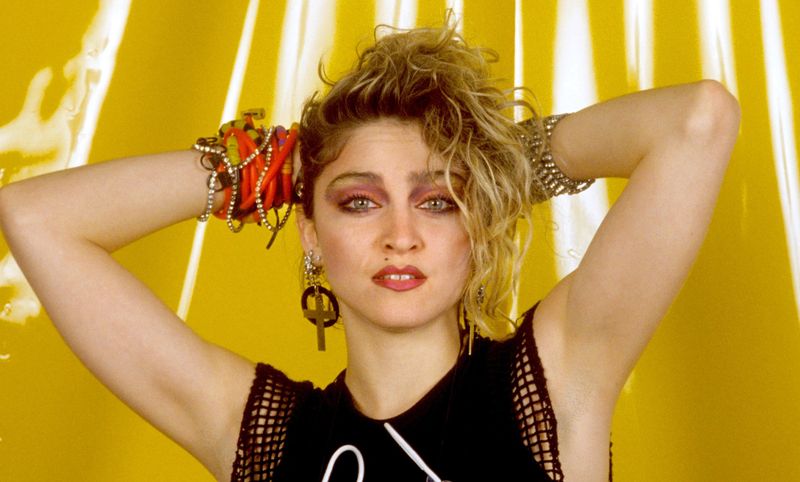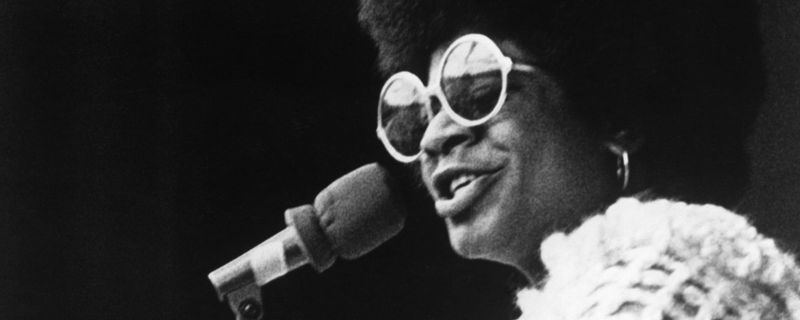Music often hides stories deeper than the melodies we hum along to. Some of our favorite songs carry meanings completely different from what we believe. From misinterpreted anthems to creation stories that defy expectations, the truth behind famous songs can surprise even dedicated fans. Ready to have your musical assumptions challenged? Let’s separate fact from fiction about some of the most iconic songs ever recorded.
1. Born in the U.S.A. – Not Your Patriotic Anthem
Blaring from stadiums and Fourth of July celebrations, Bruce Springsteen’s thunderous chorus often gets mistaken for patriotic pride. The catchy hook masks a darker narrative about a Vietnam veteran returning home to find nothing but closed doors and broken promises.
Springsteen himself has expressed frustration at the misinterpretation. Even political campaigns have attempted to use it as a rah-rah American celebration.
The verses tell a different story: unemployment, abandonment, and disillusionment with the American dream. Next time you hear that iconic synth intro, listen closely to the verses – they paint a picture of protest, not patriotism.
2. Every Breath You Take – The Stalker Anthem
Played at countless weddings and anniversary celebrations, The Police’s 1983 hit seems like the perfect declaration of devotion. Sting, however, has repeatedly explained it’s actually about jealousy, surveillance, and unhealthy obsession.
Written during his divorce, the lyrics reflect possessiveness rather than love. “I’ll be watching you” isn’t romantic – it’s downright creepy when you really think about it!
The gentle melody and Sting’s smooth delivery masterfully disguise the disturbing narrative. Many listeners never catch the sinister undertones beneath what sounds like a love song, making it perhaps the most misunderstood hit of the 1980s.
3. American Pie – More Than a Plane Crash
February 3, 1959 – “The Day the Music Died” – marks the tragic plane crash that claimed Buddy Holly, Ritchie Valens, and J.P. Richardson. While this event launches Don McLean’s epic, it’s merely the starting point for an allegorical journey through American culture.
The eight-and-a-half-minute odyssey chronicles the transformation of music, politics, and society throughout the 1960s. References to Elvis, Bob Dylan, the Rolling Stones, and the Beatles are woven throughout.
McLean has remained deliberately vague about specific interpretations, once stating: “It means I never have to work again.” This ambiguity has only fueled decades of analysis, making it one of music’s most fascinating puzzles.
4. Puff the Magic Dragon – Innocent Childhood Tale
The persistent rumor that this gentle folk song contains coded references to marijuana has followed Peter, Paul and Mary for decades. Songwriters Peter Yarrow and Leonard Lipton have consistently denied these claims, expressing frustration at the misinterpretation.
The song originated from a 1959 poem Lipton wrote about childhood’s end. Jackie Paper growing up and abandoning his imaginary friend Puff symbolizes the loss of innocence and wonder that accompanies growing up.
No “puffing” of substances, no “paper” for rolling, no “dragon” smoke intended. Sometimes a dragon is just a dragon, and this beloved children’s classic deserves to be appreciated for its actual message about the bittersweet nature of childhood’s end.
1. Smells Like Teen Spirit – The Accidental Anthem
Kurt Cobain never intended to create the defining anthem of Generation X. The song’s unusual title came from graffiti written on Cobain’s wall by Kathleen Hanna of Bikini Kill, referring to a deodorant brand Cobain was completely unaware of.
The irony thickens when you realize the song’s explosive popularity contradicted Nirvana’s underground ethos. Cobain later expressed ambivalence about its success and grew tired of performing it.
Despite the frontman’s mixed feelings, the track’s raw energy and unintelligible yet emotionally resonant lyrics perfectly captured youth disillusionment. A misunderstanding about deodorant accidentally sparked one of the most influential rock songs ever recorded.
2. I Will Always Love You – A Professional Goodbye
Whitney Houston’s powerhouse rendition in “The Bodyguard” cemented this as the ultimate romantic farewell. Surprisingly, Dolly Parton wrote it not for a lover, but as a professional goodbye to her mentor and TV partner Porter Wagoner when she decided to pursue a solo career.
Elvis Presley nearly recorded it, but his manager demanded half the publishing rights. Dolly, showing remarkable business savvy, refused the offer – a decision that paid off tremendously when Houston’s version became one of the best-selling singles of all time.
The song’s versatility speaks to Parton’s songwriting genius. Whether interpreted as romantic or professional, the emotional core of gratitude and respectful parting transcends specific relationships.
3. Hey Ya! – The Sad Song You Dance To
OutKast’s infectious hit had everyone shaking it like a Polaroid picture at parties throughout the 2000s. Few realized André 3000 deliberately crafted a deceptively upbeat song about relationship dysfunction and commitment fears.
The lyric “Y’all don’t wanna hear me, you just wanna dance” directly acknowledges this clever misdirection. André understood that packaging melancholy in an irresistible beat would reach audiences who might otherwise ignore such themes.
This musical trojan horse technique worked brilliantly. The song’s emotional complexity remains hidden in plain sight, as crowds continue to dance to what is essentially a meditation on failed relationships and the impossibility of lasting love.
4. Tears in Heaven – Clapton’s Unimaginable Loss
Eric Clapton’s gentle ballad emerged from unthinkable tragedy – the death of his four-year-old son Conor, who fell from a New York apartment window in 1991. The raw grief poured into every note has touched millions worldwide.
Clapton co-wrote it for the film “Rush” but its personal significance transcended its original purpose. The question “Would you know my name if I saw you in heaven?” captures the heartbreaking uncertainty of loss.
Eventually, Clapton stopped performing the song, explaining he needed to move beyond the grief for his own healing. His decision demonstrates how deeply personal this seemingly public expression of mourning truly was – a father’s private conversation with his lost child.
5. Like a Virgin – Male Songwriters, Female Empowerment
Madonna’s provocative performance of this song at the 1984 MTV Video Music Awards scandalized and captivated America. Many assume Madonna wrote it as a female empowerment anthem, but it was actually created by two male songwriters – Billy Steinberg and Tom Kelly.
Steinberg wrote the lyrics about emotional renewal following a difficult relationship. Madonna transformed their personal reflection into a cultural phenomenon through her fearless performance style.
The iconic wedding dress, the belt buckle reading “BOY TOY,” the rolling around on stage – these were Madonna’s additions that redefined the song’s meaning. Her genius was recognizing how to take someone else’s words and make them an unmistakable declaration of female sexual agency.
6. Sweet Child O’ Mine – The Warm-Up Joke
Guns N’ Roses’ most recognizable hit began as a joke. Slash was noodling around with a silly warm-up exercise he considered “circus music” when Izzy Stradlin started playing along, and suddenly they had something.
Axl Rose overheard the riff and was immediately inspired to write lyrics about his then-girlfriend Erin Everly. The famous line “Where do we go now?” came about because they genuinely didn’t know how to end the song.
This accidental creation became their only #1 hit in America and one of rock’s most enduring power ballads. Slash has expressed mixed feelings about its success, sometimes reluctant to embrace a song that began as a goofy string-skipping exercise rather than a serious composition.
7. Landslide – Stevie’s Career Crossroads
Fleetwood Mac fans often interpret this reflective ballad as a breakup song. The real story? Stevie Nicks wrote it during a personal and professional crisis before joining the band that would make her famous.
Struggling in Aspen with her then-partner Lindsey Buckingham, Nicks contemplated abandoning their failing music career to return to school. The “snow-covered hills” she mentions were literal – she was looking at the mountains of Aspen when inspiration struck.
The landslide metaphor represented the avalanche of changes in her life and her fear of time passing. Her father had recently undergone serious surgery, adding to her contemplation of mortality and life choices – not romantic heartbreak as many assume.
8. Good Riddance (Time of Your Life) – The Sarcastic Sendoff
The quintessential graduation song began as an angry breakup letter. Billie Joe Armstrong wrote it after his girlfriend moved to Ecuador, titling it “Good Riddance” to express his bitterness.
The parenthetical “Time of Your Life” was added later, somewhat ironically. Green Day initially hesitated to release such an acoustic departure from their punk sound, waiting several years before including it on their 1997 album “Nimrod.”
The ultimate irony? This sarcastic farewell became the soundtrack for sentimental slideshows at graduations, proms, and weddings worldwide. Armstrong has embraced this unexpected fate, recognizing that sometimes a song’s meaning evolves beyond its creator’s original intent.
9. Gimme Shelter – Merry Clayton’s Powerful Contribution
The Rolling Stones’ apocalyptic masterpiece captures the violence and turmoil of the late 1960s. What many don’t know is the extraordinary story behind its most haunting moment – Merry Clayton’s spine-tingling vocal.
Clayton, a little-known backup singer, was called in the middle of the night while pregnant. She arrived at the studio in pajamas and curlers, delivering the “Rape, murder!” section with such intensity that her voice cracked – a moment preserved in the final recording.
Tragically, shortly after the session, Clayton suffered a miscarriage, which some have attributed to the physical strain of her powerful performance. Her raw emotion remains the song’s emotional centerpiece, a testament to the human cost sometimes hidden behind musical brilliance.
